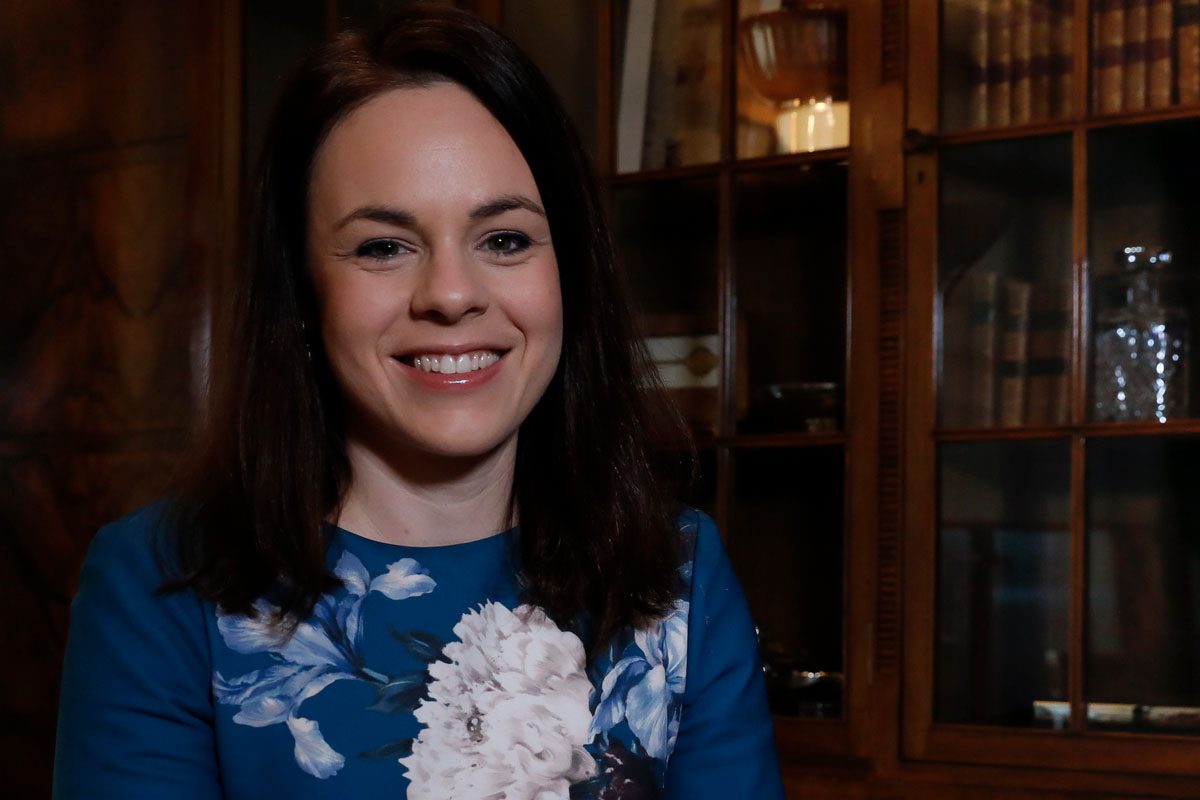
THE 100% non-domestic rates relief for Scotland’s retail, hospitality and leisure businesses will end next year, finance secretary Kate Forbes has announced.
In her Budget address to the Scottish Parliament, Forbes revealed that the 100% relief on business rates will end on 31 March, with a temporary 50% relief available for the first three months of the 2022/23 fiscal year. The relief will be capped at £27,500 per rate payer.
The Scottish Government introduced the rates holiday in 2020 as part of a raft of measures aimed at mitigating the economic damage of the pandemic.
Forbes said she was including the transitional 50% relief “to prevent a cliff edge” for the affected sectors. The poundage rate – the multiplier used in conjunction with the rateable value to calculate a commercial property’s non-domestic rates – will also increase from 49p to 49.8p. Forbes said this represented a “below inflation uplift for the fourth year in a row.”
Small businesses with a rateable value below £15,000 will continue to pay no rates through the Small Business Bonus Scheme (SBBS). The SBBS relief currently results in zero rates for over 111,000 properties, according to the Scottish Government.
The Business Growth Accelerator, which provides rates relief for property improvements, will also be expanded to include the installation of solar panels as a qualifying improvement. The Business Growth Accelerator provides 100% relief on new builds for up to 12 months after first occupation and no rates increases for 12 months after a “qualifying property improvement.”
On income tax, the Starter and Basic Rate bands will increase by CPI inflation. Scottish taxpayers will pay the 19% rate on earnings from £12,570, with the 20% rate kicking in at £14,732 and the Intermediate rate (21%) commencing at £25,688. Higher Rate (41%) and Top Rate (46%) tax bands remain unchanged, commencing at £43,662 and £150,000 respectively.
Forbes commented on the income tax changes: “Our progressive income tax policy means the majority of Scottish taxpayers will continue to pay less Income Tax than if they lived elsewhere in the UK, while those who earn more will pay more.
“It maintains spending power in households who need our support the most, yet also raises crucial revenues for our public services from those who can most afford it.”
Responding to the Budget, Scottish Conservatives shadow cabinet secretary for finance and the economy, Liz Smith MSP, pushed Forbes to go further with rates relief. Smith said her party had called for 75% rates relief for “customer-facing businesses” in the next financial year.
“We think businesses will be disappointed by today’s Budget,” she said.
Scottish Labour shadow finance secretary Daniel Johnson MSP described the Budget as “more managed decline.”
“High streets and local shops are the hearts of our communities but they face a bleak new year. With ‘to-let’ boards springing up across Scotland it is not enough to write off retail and just reset that cliff edge three months into the summer.”






















